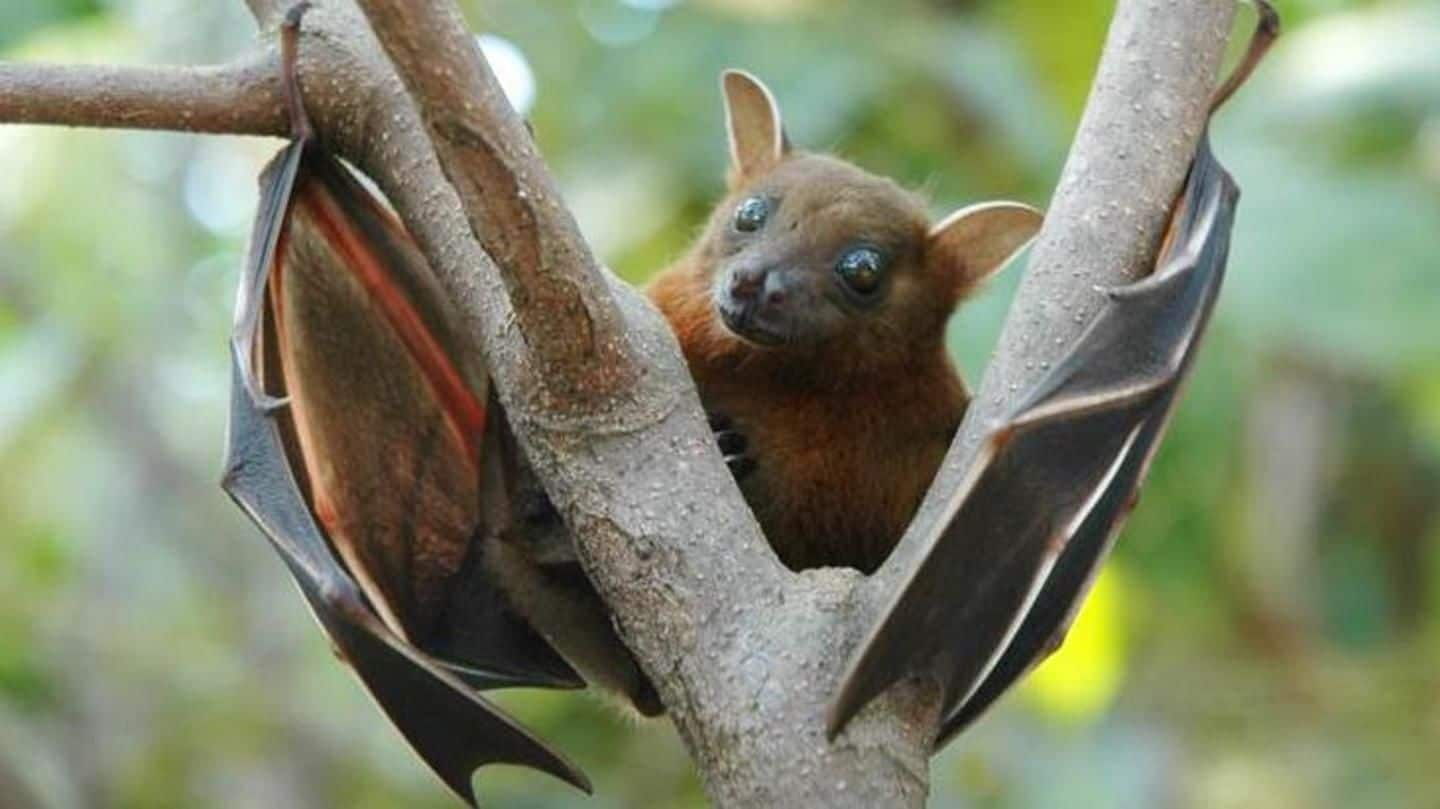
Nipah virus: Here's how you can keep yourself safe
What's the story
The Nipah virus has claimed at least 14 lives in Kerala till now, while another 16 continue to undergo treatment.
Health authorities have now said the situation is under control and no new case has been reported.
There is no particular treatment for this disease, but one can prevent it by adopting some simple measures in day-to-day life. Take a look.
About
All about the Nipah virus
The Nipah virus (NiV) was first documented in 1998 in Malaysia, when it left almost 100 people dead. It surfaced in Siliguri (WB) in 2001 and then again in 2007.
It is thought to spread by infected pigs and fruit-eating bats, with the latter considered natural carriers of the virus.
Human-to-human transmission has also been documented in some cases.
Information
Kerala outbreak started in Kozhikode
The latest episode broke out when a Kozhikode man was diagnosed with Nipah around May 17-18. It quickly spread and killed 14. So far, it has remained confined to Kozhikode and its three neighboring districts of Malappuram, Wayanad and Kannur.
Symptoms
Look out for these symptoms of Nipah
Common symptoms of Nipah include fever, nausea, headaches and fainting. Other symptoms like stomach ache and vomiting might show up in some cases too.
Chances of contracting encephalitis are high. There's also a possibility of patients going into coma within two days.
The incubation period is around 5-14 days, and symptoms start becoming visible after this period.
Precautions-I
Stay away from the source
Experts say people in regions far from the outbreak source don't have much to worry about, provided they stay away from there or do not come in contact with an infected person.
If you can't avoid visiting the infected area, use a general mask while there and visit a doctor at the earliest, advised Suranjit Chatterjee, Senior Consultant, Indraprastha Apollo Hospitals, Delhi.
Precautions-II
Maintain hygiene and eat proper food
Maintaining hygiene is prime. Wash your hands regularly, especially before cooking and eating.
"While coughing, close your mouth with a handkerchief or cough on your sleeve," said Clinical Professor Vidya Menon, Amrita Hospital, Kochi.
Avoid food with paw marks on it. Cook properly before eating.
It's important to cover the faces of the people who have died from Nipah so as to prevent it spreading.
Treatment
Keep patients far away from people
Infected people should be isolated for 10-15 days, "till the virulence of the virus settles and our immune system starts fighting," said Vikas Maurya, Head of Department, Pulmonolgy, Fortis, Delhi.
In absence of treatment, supportive care is given, which means treating patients differently for different symptoms, like artificial ventilators for breathlessness and anti-epileptic drugs for seizures/convulsions.
The Kerala government has recommended using Ribavarin.